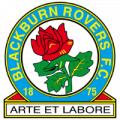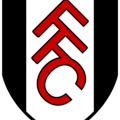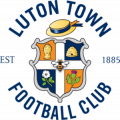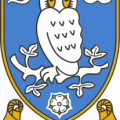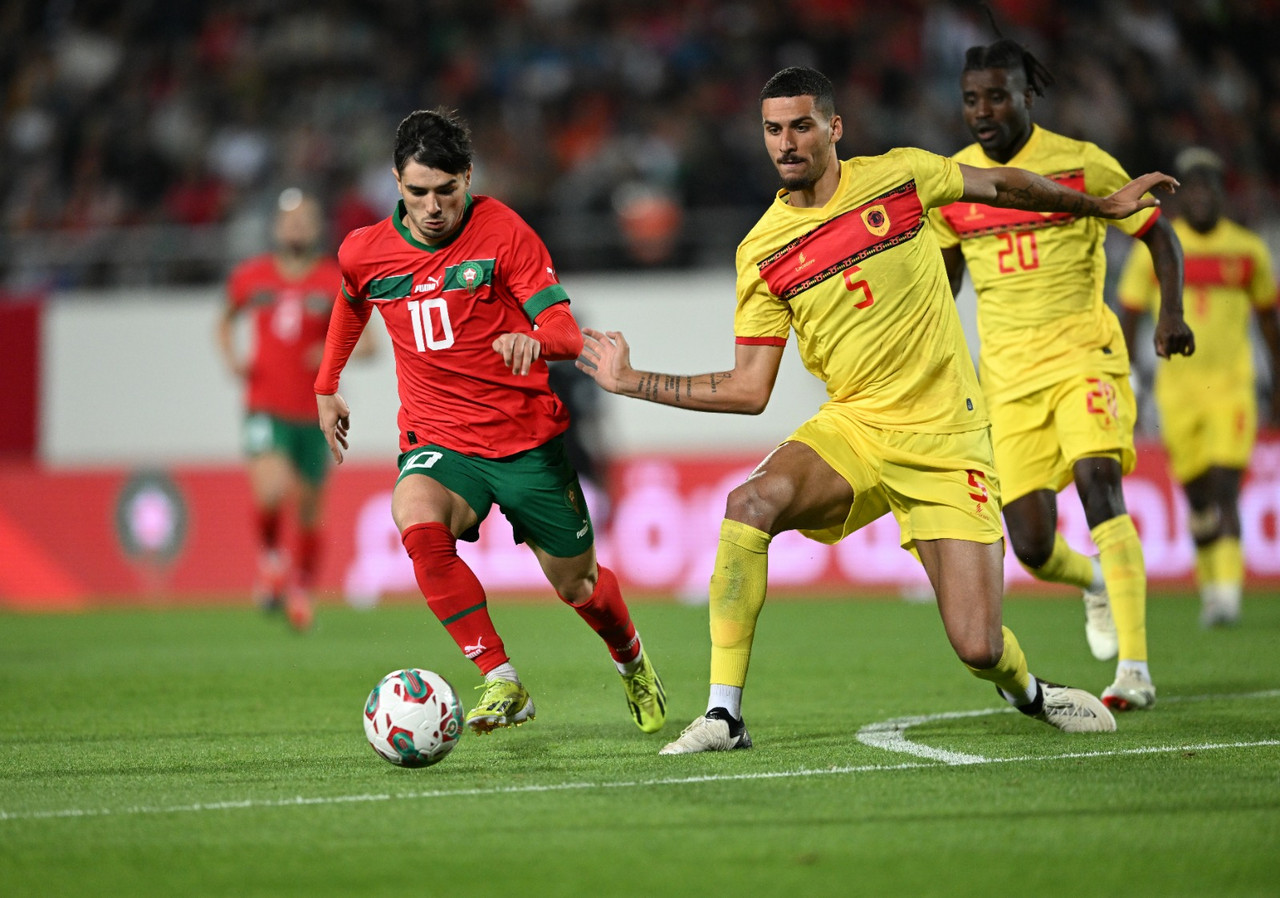The naturalization of players to represent national teams different from their countries of origin is not a new phenomenon. However, in the last decade, we have witnessed a significant increase in this practice. This is due to multiple factors, from the search for sports opportunities to personal or family reasons. The case of Diego Costa, who chose to represent Spain despite his Brazilian roots, or Pepe, born in Brazil but a key player in the Portuguese national team, are emblematic examples of how mobility and personal decisions are redefining national teams.
One of the most intense debates raised by naturalization in sports is its impact on national identity. Traditionally, national teams have been seen as the ultimate exponent of identity and national pride in the sports field. However, the increasing inclusion of naturalized players raises questions about what it means to represent a country. Is it a matter of birth, choice, feeling? Diversity in national teams challenges traditional notions of identity, paving the way for a more inclusive and representative vision of modern, multifaceted, and globalized societies.
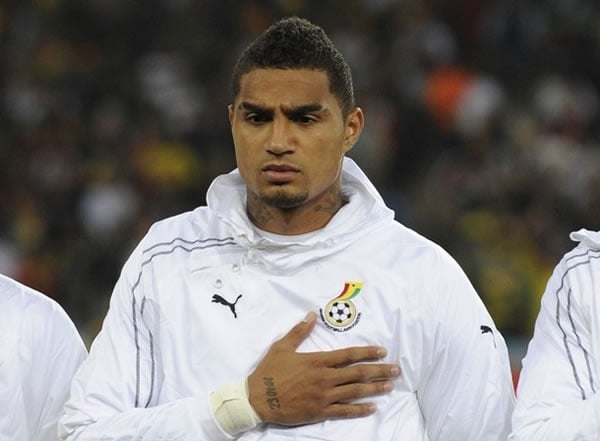
Current trends
In recent years, we've seen traditionally monocultural teams transform, reflecting the diversity of their societies. France, the world champion in 2018, is perhaps the most notable example, with a team full of players whose families come from different parts of the world, especially Africa. This multicultural approach has not only enriched the French team technically and humanly but has also served as a mirror of its increasingly diverse society.
On the other hand, countries like Qatar have adopted naturalization strategies as part of their national sports project, seeking to compete at the highest level in international events like the Soccer World Cup. The inclusion of naturalized players in their selection has generated debates about the legitimacy and essence of sports but also underscores how soccer can be a vehicle for integration and global recognition.
Ethical debate and regulations
FIFA, aware of the implications of naturalization, has established specific rules to regulate this process. However, the ethical debate persists: where do we draw the line between the legitimate search for opportunities by players and the manipulation of the rules to gain competitive advantages? The current regulations seek a balance, demanding genuine ties with the country the player represents, whether through ancestry, prolonged residence, or cultural links.
Looking ahead, the trend towards more diverse national teams is likely to continue, driven by globalization and demographic changes. This represents not only a challenge for federations and regulatory bodies, which must adapt their policies to modern times but also an opportunity to reflect on what soccer, and sports in general, can teach us about inclusion, identity, and community.
The multiculturalism of national teams has the potential to serve as a bridge between cultures, promoting understanding and mutual respect. As societies become more diverse, their sports representations can act as a reflection of this reality, sending a powerful message of unity in diversity.
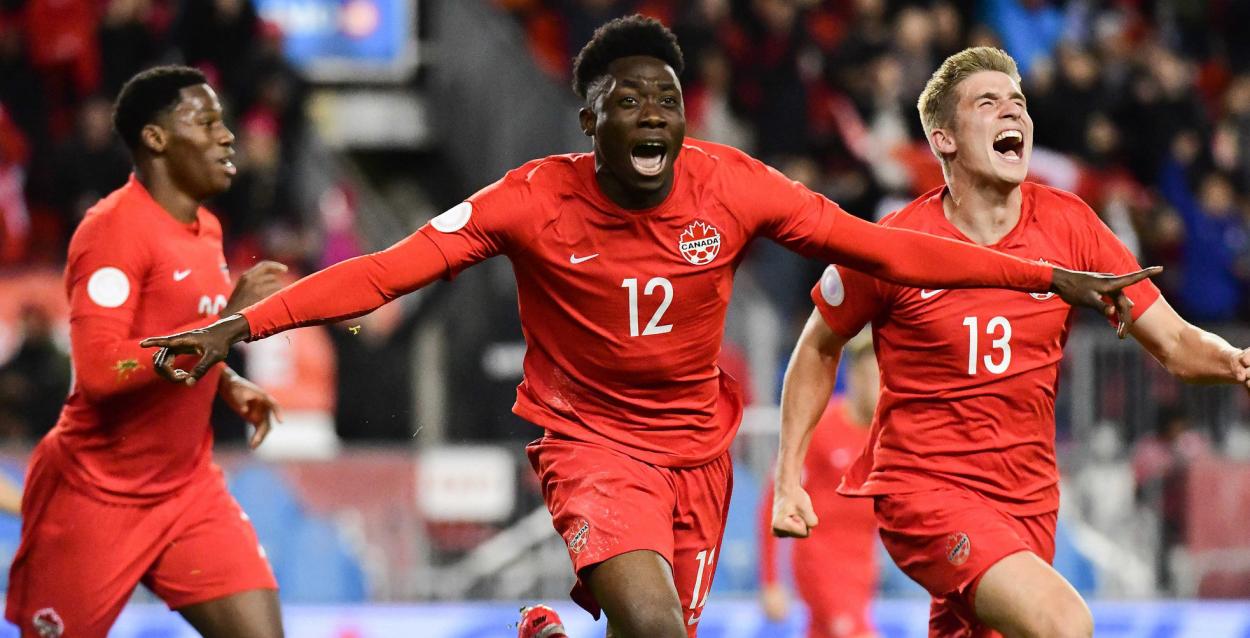
Upcoming challenges
The main challenge for federations and national teams in this new paradigm is how to integrate players of different origins in a way that preserves team cohesion and fosters a shared sense of identity. This involves not just strategies on the playing field but also off it, promoting values of inclusion, respect, and mutual understanding.
Simultaneously, there is an opportunity to redefine what it means to be part of a national team. Beyond the place of birth, it's about representing a set of values, a history, and a community. The French team, for example, has shown how diversity can become a strength, with players bringing different perspectives and skills, enriching the team and the game.
Case Studies
Take, for example, the case of Alphonso Davies, born in a refugee camp in Ghana to Liberian parents and later naturalized Canadian. His story is a testimony to the power of sport to change lives and unite cultures. Representing Canada on the international stage, Davies not only carries with him great talent but also a story of strenght and hope that transcends borders.
Another example is Ansu Fati in Spain, who moved from Guinea-Bissau at a young age. His inclusion in the Spanish national team speaks to a future where national identity is enriched by the stories of those who, although not born in the country, have found in it a home and an opportunity to fulfill their dreams.
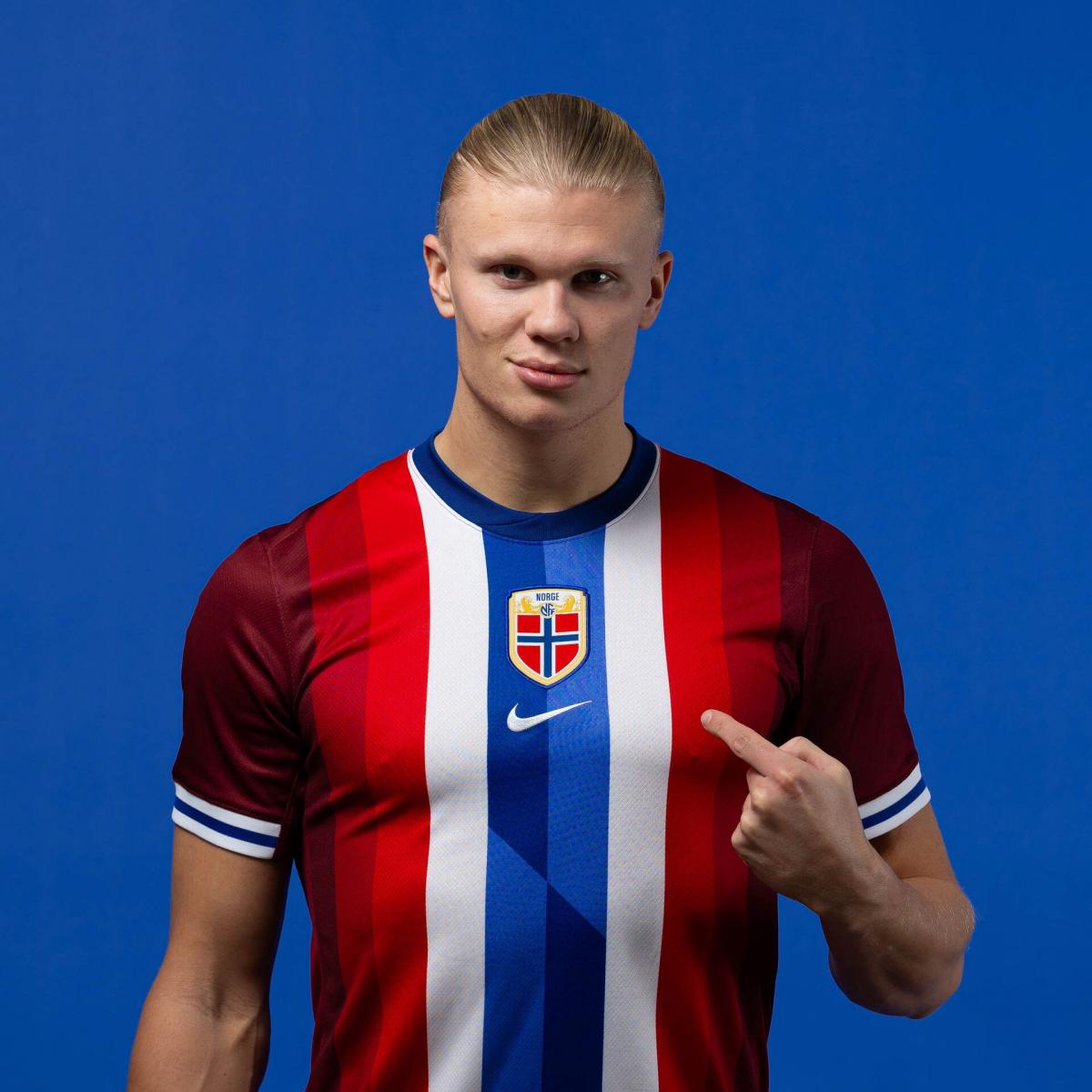
One of the most in-form players of today, Erling Haaland, provides an interesting dimension to the debate on multiculturalism in soccer. Born in Leeds, England, while his father Alf-Inge Haaland was playing in the Premier League, Erling could have chosen to represent England internationally. However, he decided to play for Norway, his family's country and where he spent most of his life. His case highlights how personal and cultural connections to a country can influence the decision to represent it, beyond the circumstances of birth.
Haaland represents not just Norway on the field but also a new generation of players who, raised in a globalized context, carry multiple identities. His international success underscores the idea that national identity in sports can be both a personal and professional choice, based on deep emotional and cultural ties.
Thiago Alcántara, the son of former Brazilian player Mazinho, a 1994 World Cup champion, was born in Italy, grew up in Spain, and had the option to represent either Brazil or Spain internationally. Despite his family's strong soccer roots in Brazil, Thiago chose to play for Spain, a country that had provided him a platform to develop his soccer career from an early age in the youth categories of FC Barcelona.
His decision underscores the complexity of national identity in the context of sports, where factors such as the place of formation, professional opportunities, and personal connection to a country can deeply influence a player's loyalty. Thiago, by choosing Spain, reflects a generation of footballers whose sports identity is shaped as much by family heritage as by the circumstances of their professional development.
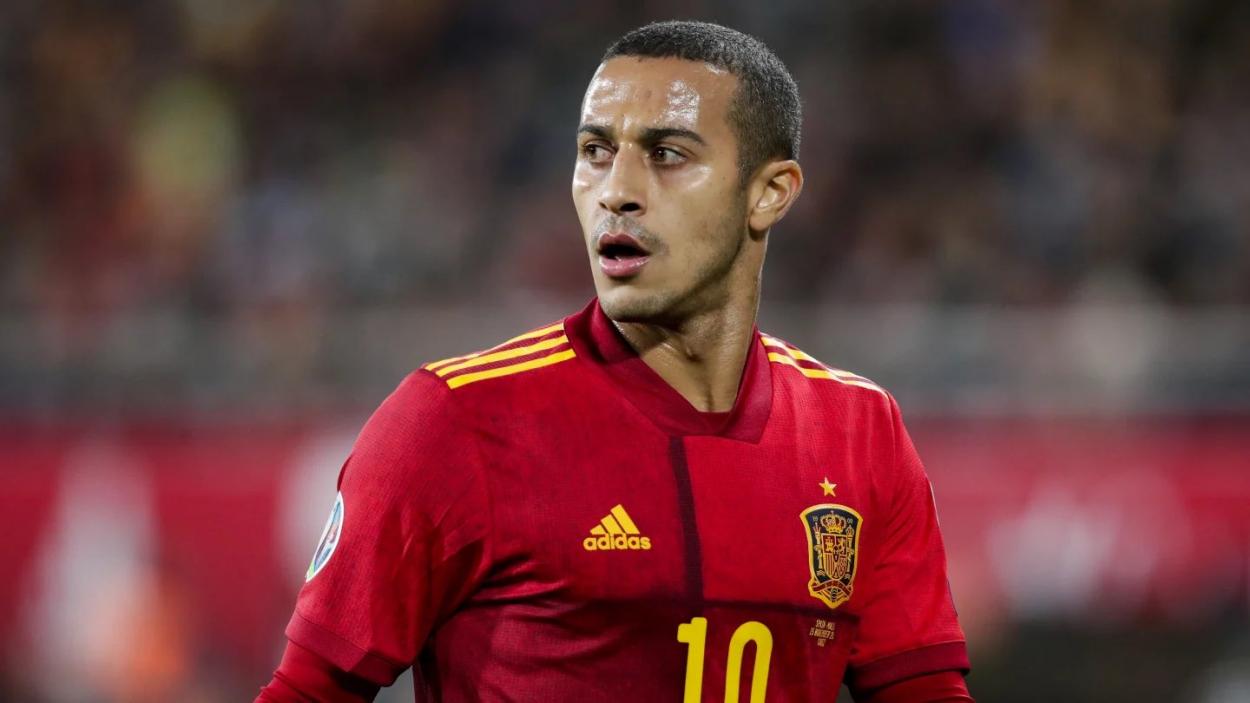
Kevin-Prince Boateng offers another good example of the complexity of national identity in football. Born in Germany to a German mother and Ghanaian father, Boateng began his career in the youth divisions of German teams and played for Germany's youth national teams. However, in 2010, he decided to represent Ghana, his father's country, on the international stage, including his participation in that year's FIFA World Cup.
Boateng's story is particularly interesting because it underscores not just the choice between two nations but also the desire to connect with his African roots through football. His switch of allegiance to Ghana was a moment of personal and cultural affirmation, allowing him to explore and celebrate his Ghanaian identity on a global platform. Moreover, his case highlights the dynamics of the diaspora and how identity can be a fluid and multifaceted matter, especially in transnational contexts.
The evolution of national teams towards greater multiculturalism is a reflection of changes in global society. This phenomenon presents challenges, but also vast opportunities to promote inclusion, diversity, and mutual understanding. The presence of naturalized players in national teams forces us to question and expand our understanding of identity and belonging, offering a broader vision of what it means to be part of a national community in the 21st century.











